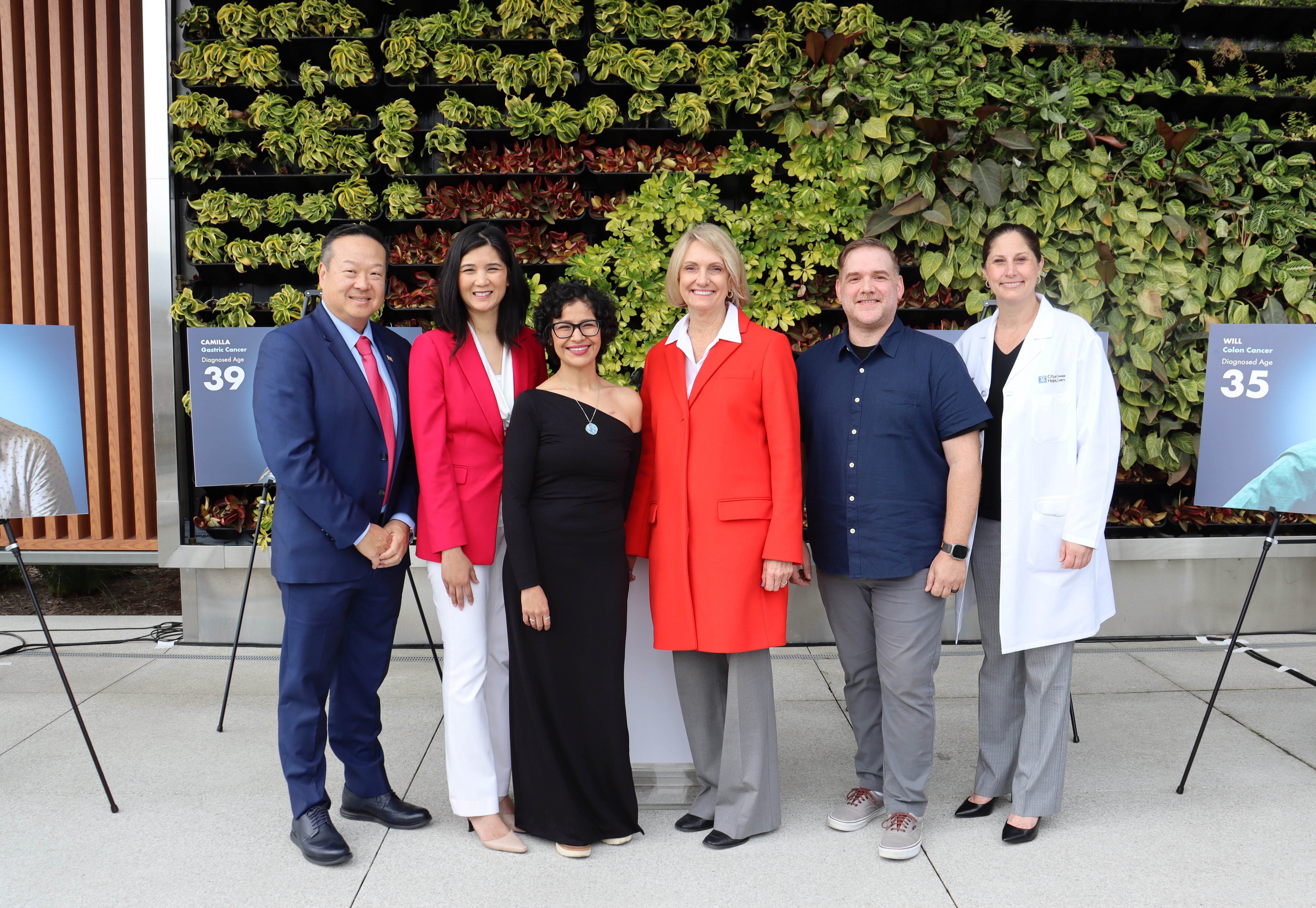The song “The Cause Has Traveled” by Lebanese singer Fayrouz and the Rahbani brothers was able to embody the different stages of the appearance and disappearance of the Palestinian issue at the international level, and embody its story as a song, its presence and absence, before it returned to the light through social media.
The song expressed the state of the Palestinian issue, which regained its importance after the “Al-Aqsa Flood” operation and returned it to the center of political discussion, after a period of oblivion, so that world leaders were interested in searching for solutions to this issue.
“The Case Traveled” is distinguished by its satirical criticism of the way international institutions deal with the case, depicting it in a caricatured style that highlights the slow and complicated procedures in international forums. This song does not follow the rules of traditional poetry in terms of meter and rhyme, but rather is a satirical text that takes the form of a story.
Case issue
The song was written and composed by the Rahbani brothers and was presented for the first time at the Damascus International Fair in 1968. Music historian Muhammad al-Zibawi explained – in his interview with the Lebanese MTV channel – that the song was not banned as was rumored.
In “The Cause Traveled” we see an artistic presentation of the state of the Palestinian cause in international forums. The words depict the case’s journey to international courts, where its problems are presented. The General Assembly meets to discuss the “issue of issues” with the participation of delegates from all over the world, including countries small and large, northern and southern.
The song reviews speeches, long discussions, and discussions about peace, a ceasefire, and finding a just solution. It conveys diplomatic efforts, statements and recommendations that appear to offer solutions, but without achieving tangible progress.
In the concluding section, the books are closed and the judges retire to rest after a long session of discussion. Meanwhile, outside these formal halls, the miserable and hungry live in harsh conditions, searching for peace as the storms destroy their shelter.
“The Case Traveled” highlights the contradiction between official discussions that are far from reality and the tragic conditions experienced by ordinary people affected by the conflict.
Mohamed ElBaradei, the Egyptian jurist and diplomat who won the Nobel Peace Prize in 2005, and former director of the Nuclear Energy Authority, was one of the first to release the song on the X website on February 22.
The case traveled
The case traveled, presenting its complaint in the halls of international courts
The association had devoted the session to researching the issue of the case
Representatives from other nations came from the nations
From the countries of the North and South
Small countries, large countries,
Everyone gathered in a formal session.
The association had allocated…– Mohamed ElBaradei (@ElBaradei) February 22, 2024
Case songs
Despite the difficulty of finding an Arab singer who has not performed, at least, a song for Palestine, Fayrouz’s songs remain the most beautiful and beautiful, starting with “Rajoun,” “Ancient Jerusalem,” “Bissan,” “Zahrat al-Mada’in,” and many others. In the song “We Return,” the Palestinian poet Haroun Hashem Rashid describes the tragedies of the Nakba, and predicts what is happening on the land of Palestine today:
Night has fallen on the desert, so where do we sleep?
No shelter, no shelter. Shall we lie in the squares?
No home, no sound, and the hours pass in vain
We tasted horror and spent the night without food
The cold is harsh and intense, so where do we sleep?
Our beloved home is inhabited by a stranger
In “Old Jerusalem”, Fairouz performs her most beautiful songs, and it was said that its beginning was inspired by a true story that happened in the streets of Jerusalem between Fairouz and one of the Palestinian women, when she was walking in the alleys, and women gathered around her complaining about her bad condition after the Nakba, and then one of them came forward, offering “A Vase” as an expression of their love for her, and the Rahbani brothers turned the story into “The Streets of Ancient Jerusalem” and recorded it on Lebanese television in 1965:
I passed through the streets of ancient Jerusalem
In front of the shops remaining from Palestine
We told only the news and they gave me a vase
They told me this was a gift from waiting people
I walked through the streets of ancient Jerusalem
I stand at the door of a doorman and she became friends
And their sad eyes are the energy of the city
You take me and bring me to the exile of torment
In “Zahrat al-Mada’in”, Fayrouz did not present a song, but rather an amulet and a chant, whose presence corresponds to the struggle for liberation:
The door of our city will not be closed, I am going to pray
I will knock on doors and I will open doors
The beauty of Fayrouz’s songs and their documentary role is evident in those human details that kept the Palestinian details visible despite attempts to conceal them, and here is the present village of “Baysan” as if the listeners of the song were going to live there, and then they returned after hearing the song, and they gave its name to their daughters, and they love it as If it was their daughter…
Take me to Beisan
Take me to the afternoon
To snooze at my door
Take me with the sensitive ones to the shadows that cry.


